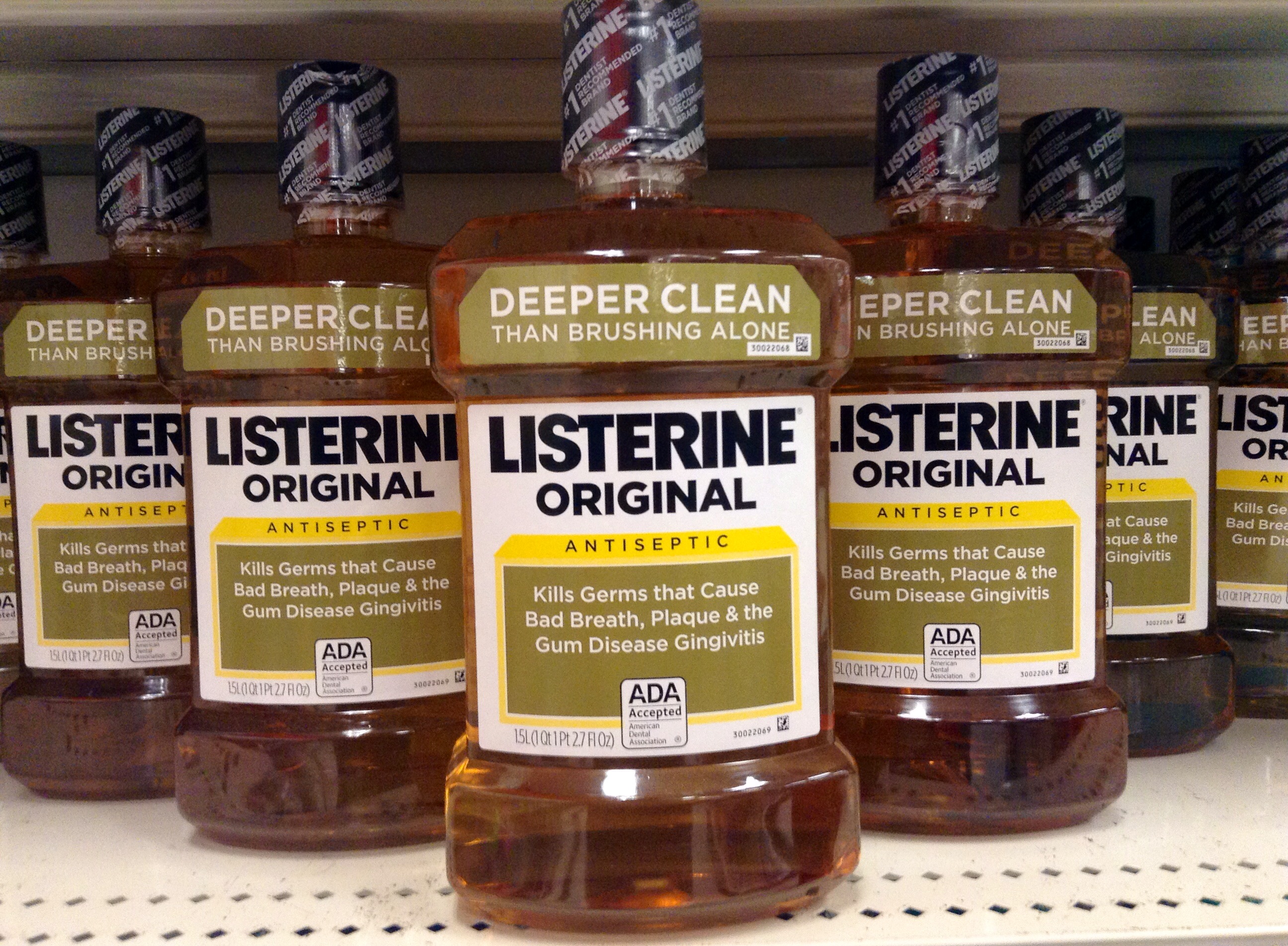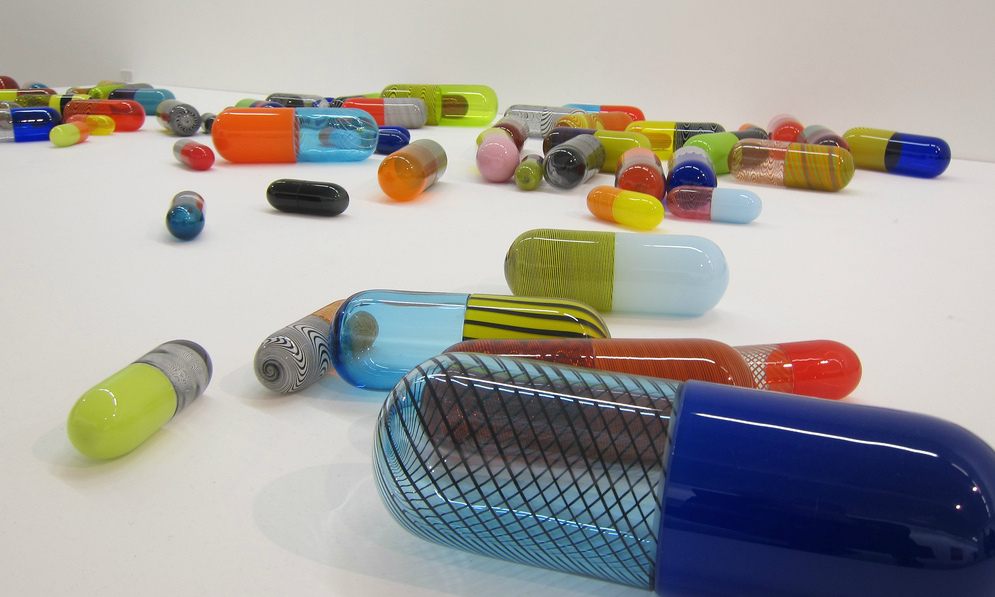Three months after a Missouri jury ordered Johnson & Johnson to pay a record-setting $110.5 million to a Virginia woman who was diagnosed with ovarian cancer linked to the company’s talcum-based products, another jury in California has dwarfed that judgment, handing down a $417 million verdict in a similar suit. [More]
johnson & johnson
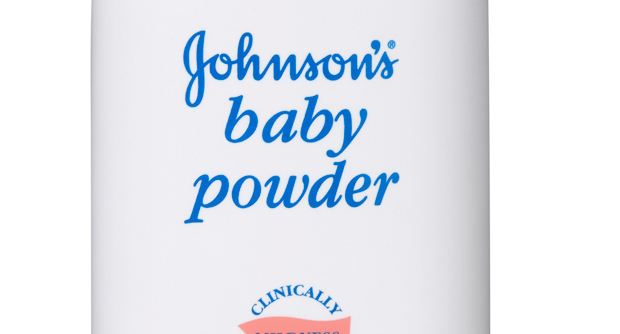
Jury Awards Woman $110.5M In Johnson & Johnson Talcum Powder Lawsuit
More than a year after a Missouri jury ordered Johnson & Johnson to pay $72 million to the family of a woman who died from ovarian cancer linked to the company’s talcum-based products, another jury in the state awarded a Virginia woman a record-setting $110.5 million in a similar lawsuit. [More]

You Could Be Eligible For These Class Actions And Not Even Know It
The class action system is slow, profitable for lawyers, and flawed, but for now it’s the best tool that ordinary consumers have for holding companies that have wronged a lot of people responsible with a relatively small financial impact. Not all suits are well publicized, though, and you might not know that you’re eligible. Did you buy a computer between 2003 and 2008? How about “natural” cleaning products or lavender-scented baby products? [More]
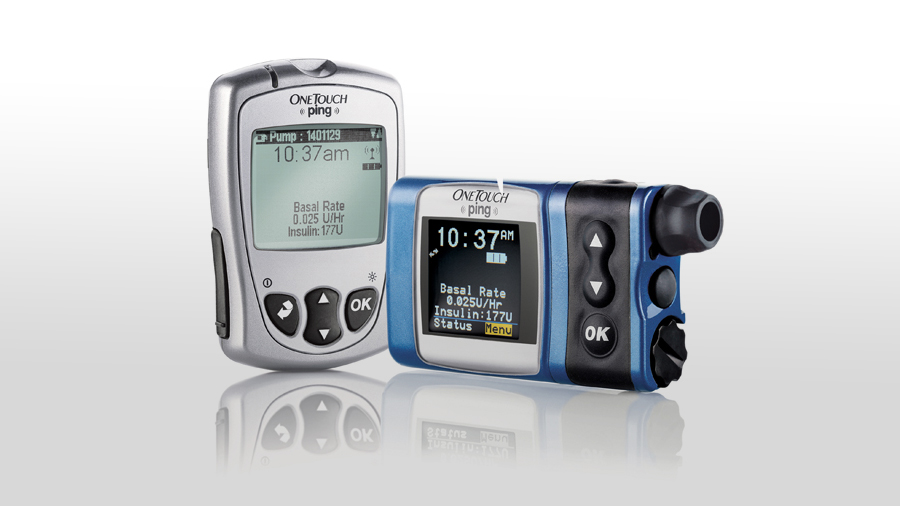
Johnson & Johnson Warns Patients Insulin Pump Is Hackable But “Low Risk” Of Attack
Tech can be pretty great, and smart, connected tech can be really great. Miniaturization and the ability to control devices remotely has led to some fantastic advances in, for example, health care. But today in “wow, our glorious tech-driven future is so strange and dystopic some days,” we are reminded that anything that can be networked is vulnerable, and can be hacked. [More]

Johnson & Johnson Pull Ads From “The View” Because Nurses Do Indeed Wear Stethoscopes
An offhanded, but definitely ill-informed, comment by View co-host Joy Behar about a nurse wearing a “doctor’s stethoscope” has resulted in one of TV’s biggest advertisers pulling its commercials from the ABC chat-fest. [More]
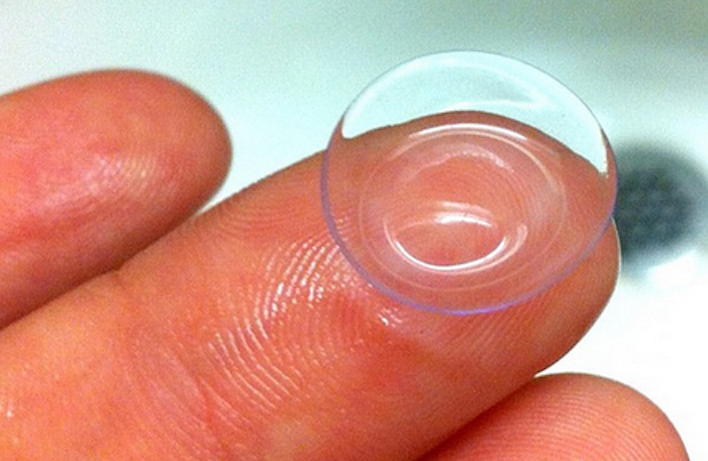
People Trust Optometrists More Than Costco Or 1800CONTACTS, At Least According To Optometrist Group
As we’ve previously reported, there’s a legal war going on — with optometrists and manufacturers on one side, and discount and online retailers on the other — over how much you should have to pay for your contact lenses. Both sides of this battle have recently released surveys they hope will help win over public opinion. [More]

Court Allows Utah To Ban Price-Fixing Of Contact Lenses
Contact lens companies have been working together to create price floors for their products, prohibiting retailers from offering competitive discounts and removing consumers’ ability to shop around for savings. Legislators in Utah recently passed a bill that would outlaw this practice but in May a federal appeals court temporarily blocked it from being enacted. But on Friday, the court vacated that injunction, allowing the new law to move forward. [More]

Appeals Court Blocks Utah Law That Would Have Banned Price-Fixing On Contact Lenses
In recent years, many of the country’s biggest contact lens manufacturers moved to set minimum sale prices for their products, meaning any retailer wishing to discount these lenses couldn’t go below that price floor. The practice — which would have been illegal until a 2007 Supreme Court ruling — has come under scrutiny from federal lawmakers, and Utah state legislators passed a bill earlier this year that would outlaw this form of price-fixing in the state. However, a federal appeals court has temporarily sided with the lens makers and blocked that law from being enforced. [More]
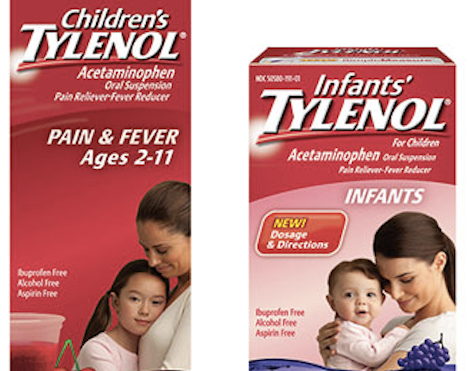
Maker of Infant’s & Children’s Tylenol, Motrin To Pay $25M For Selling Meds With Metal Particles
Nearly five years after McNeil Consumer Healthcare – a subsidiary of Johnson & Johnson – began recalling over-the-counter Infant’s and Children’s Tylenol and Children’s Motrin, the company has acknowledged that it knowingly sold the cold medication that contained metal particles and agreed to pay $25 million to resolve the case. [More]
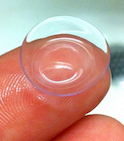
Contact Lens Makers Work Together To Make Sure You Pay More
As anyone with bad eyesight could probably tell you, having options when it comes to the cost of contact lenses is extremely important. Just ask my fiance, because apparently I have “very expensive eyes.” I’ll take that as a compliment, but the idea that I won’t have the opportunity to find the best priced lenses next time I fill my prescription is a very real possibility, and one that’s already hurting some of the 35 million consumers who wear contacts. [More]

SeaWorld Makes A Big Splash In Worst Company Competition Debut; AT&T, Citi Also Move On
In the nearly decade-long history of Worst Company In America, we’ve noticed that newcomers — especially those who make the bracket because they’re in the news a lot — either flame out in the early rounds (like Lululemon) or take the tournament by storm (like past winners EA and BP). This year’s out-of-nowhere surprise comes courtesy of the folks at SeaWorld, which swam to an easy win in its WCIA debut. [More]
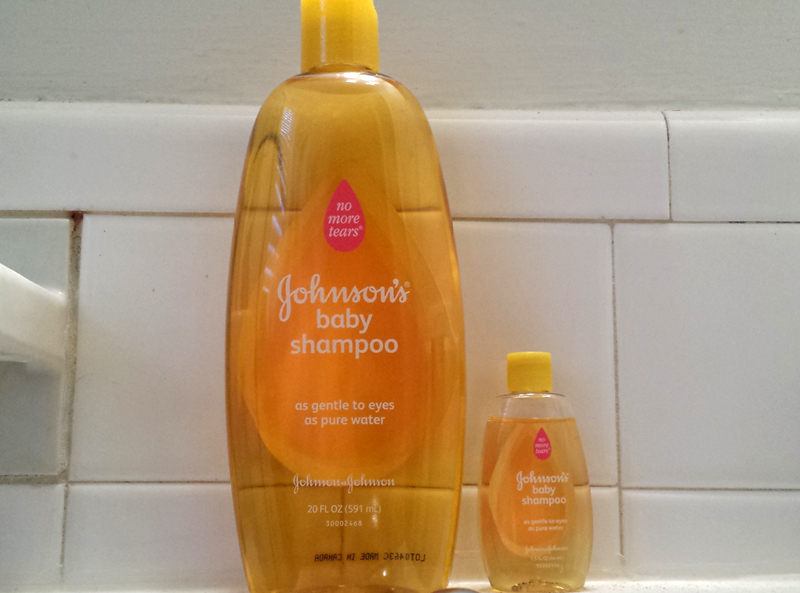
Formaldehyde In Baby Shampoo Isn’t As Scary As It Sounds
Recently, Johnson & Johnson reformulated their classic yellow baby shampoo after a consumer outcry over a scary-sounding formaldehyde-based preservative in the product. If it’s not absolutely necessary, there’s no good reason to go slathering a product that contains unnecessary substances on infants. The important question is: should we be worried about formaldehyde in personal-care products at all? [More]
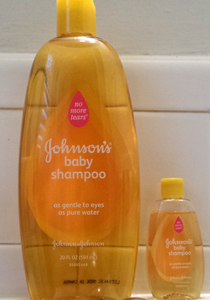
Johnson & Johnson Reformulates Shampoo, Because Babies Don’t Need Formaldehyde In Their Baths
If you asked most folks if formaldeyde sounds like a great ingredient for baby shampoo, they’d say “no.” And possibly also, “ew, gross.” Baby-goods behemoth Johnson & Johnson agrees that formaldehyde is not so much a thing your baby needs, and has rinsed it right out of their iconic yellow shampoo. [More]
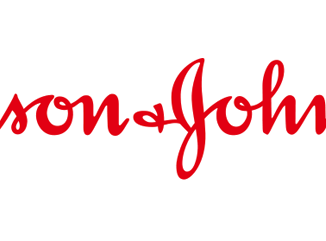
Johnson & Johnson To Pay $2.2 Billion To Settle Deceptive Marketing Claims
For nearly a decade, various state and federal agencies have been looking into Johnson & Johnson’s marketing of the drugs Risperdal, Invega, Natrecor, and others, claiming the company was putting consumers at risk by paying kickbacks to doctors and pharmacists to suggest these drugs to patients and for pushing unapproved uses for these medications. Today, the Justice Dept. announced that J&J will pay out more than $2.2 billion to settle these claims. [More]
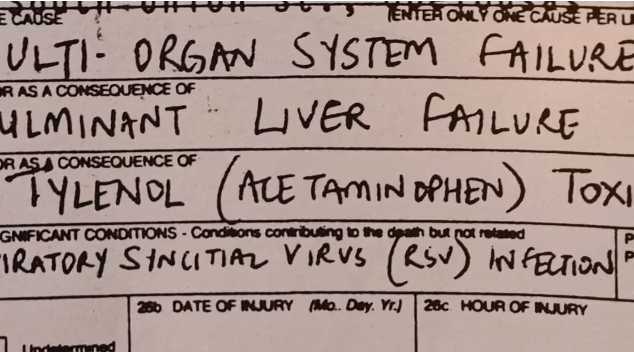
Children Died Because Johnson & Johnson Insisted On Selling Two Types Of Kids’ Tylenol
At the intersection of bad marketing, inept regulation, and unwitting consumers, you’ll find the graves of young children, just some of the infants who, according to a new report from ProPublica, have become ill over the decades because Johnson & Johnson and other makers of acetaminophen-based painkillers insisted on selling two youth-targeted varieties of the drug while the FDA did what it does best — nothing. [More]
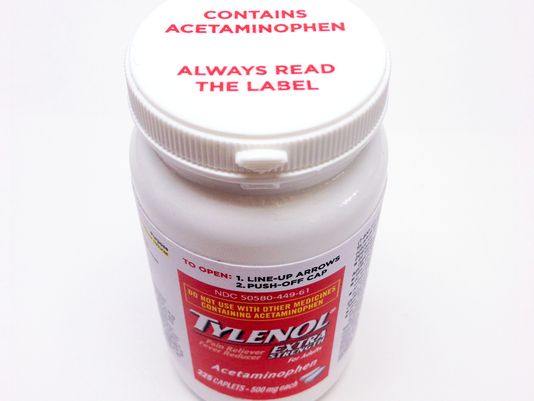
Johnson & Johnson Reveals New Acetaminophen Warning Labels On Bottles Of Tylenol
Johnson & Johnson has revealed a new bottle cap design for Tylenol products sold in the U.S. which will warn consumers in bright red lettering that the medication contains acetaminophen. The labels will alert users to the potentially fatal risks of taking too much Tylenol, which is an unusual step for a company to make. [More]


